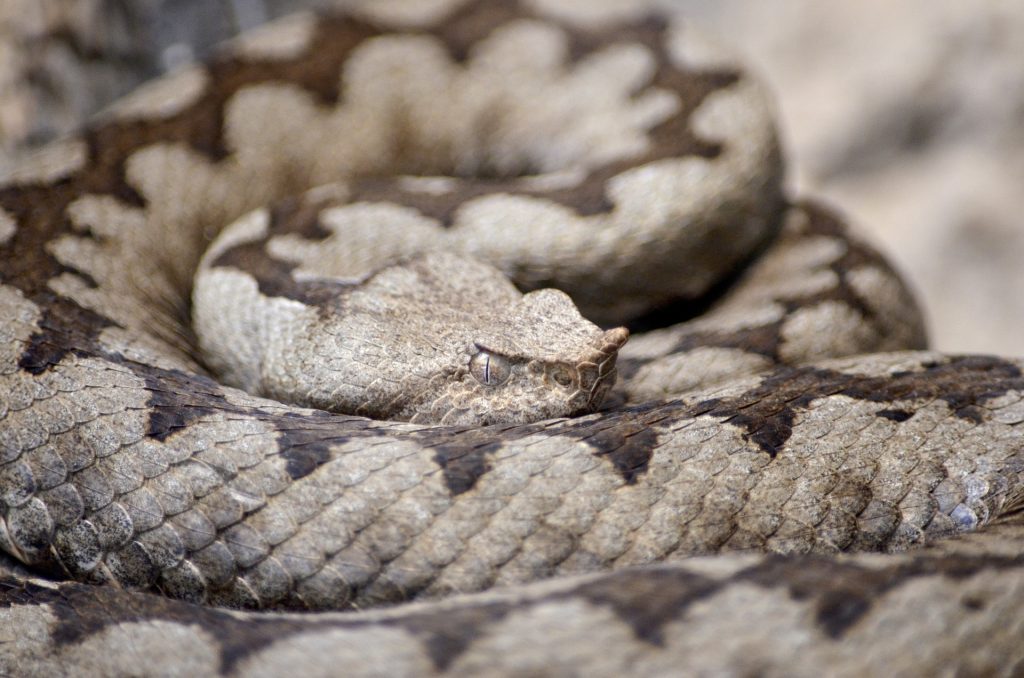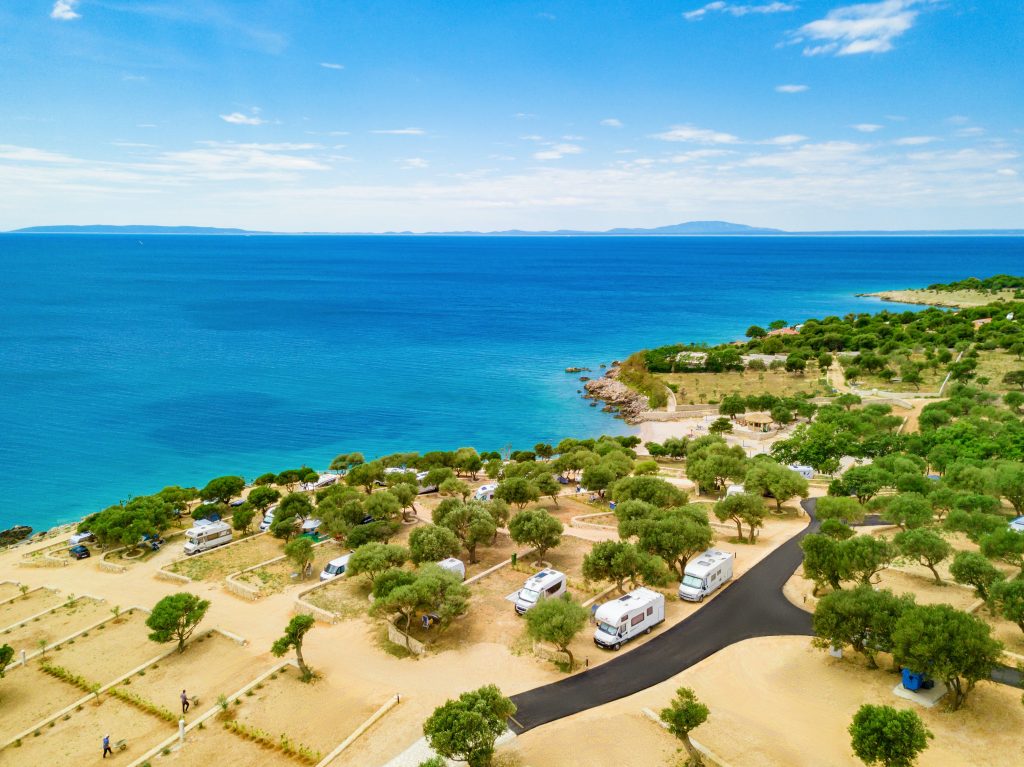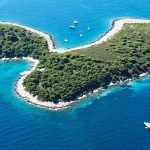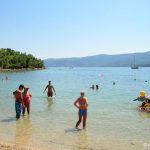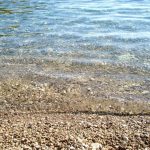September the 17th, 2023 – Summer is drawing to a close and the sun might be packing its bags, but that doesn’t mean you need to. Camping in Croatia is a huge lure for many nature lovers, but there are things you should be aware of.
Be it Istria, Dalmatia, somewhere in Central Croatia or in the country’s agricultural eastern region, camping in Croatia is always a good idea. Lika and Gorski-Kotar County offer absolutely jaw-dropping scenery and endless opportunities for hiking, climbing, swimming in the lakes and more. Camping in Dalmatia will let you swim in the glorious Adriatic without the price tag that comes with a hotel, and Istria will do the same, especially if you go in autumn where some truffle hunting can also be enjoyed.
For such a small country, Croatia is extremely diverse, and I could go on and on about the different regions and what they offer for the next week or so. I’ll save that for another article and save this one for tips about camping in Croatia that you should definitely make yourself aware of before setting off into the wilderness with your tent, flasks and mini stoves.
Wild camping in Croatia isn’t permitted
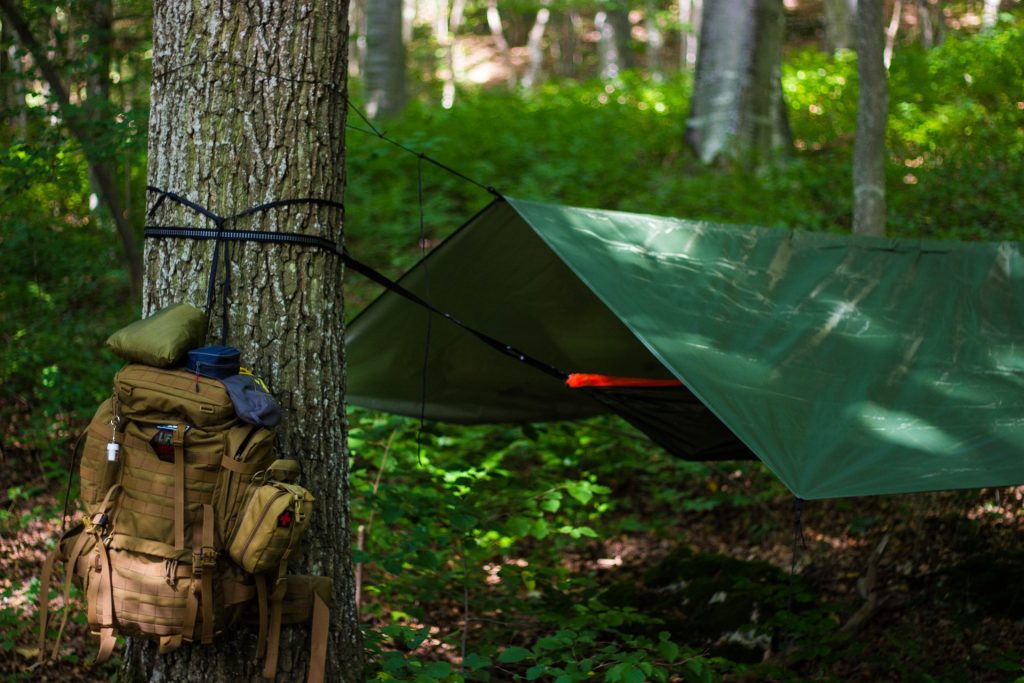
Croatia has outlawed wild camping for multiple reasons and this, while disappointing for those who like to really isolate themselves and feel totally at one with nature when camping, should be respected. Of course, many people do still wild camp in many locations across Croatia and aren’t caught, but please, please don’t run this risk. One big risk with wild camping in Croatia is the fact that there are still parts of this country in areas like Lika and particularly border areas, which still haven’t been de-mined. Mines left over from the Croatian War of Independence (Homeland War) back in the 1990s still sit undisturbed under the ground in many locations, and I don’t really need to explain more about why this is an enormous risk to life. As amazing as isolating yourself on a Lika mountainside in the depths of a forest might be, those Instragram reels of unpolluted starry night skies just aren’t worth being blown to pieces.
If you’re caught wild camping in Croatia, you will likely face a very hefty fine. Again, people do still do this and there are rural areas which will overlook it, but it is officially banned and in many areas the rules are regularly enforced by the authorities.
Is camping in Croatia expensive?
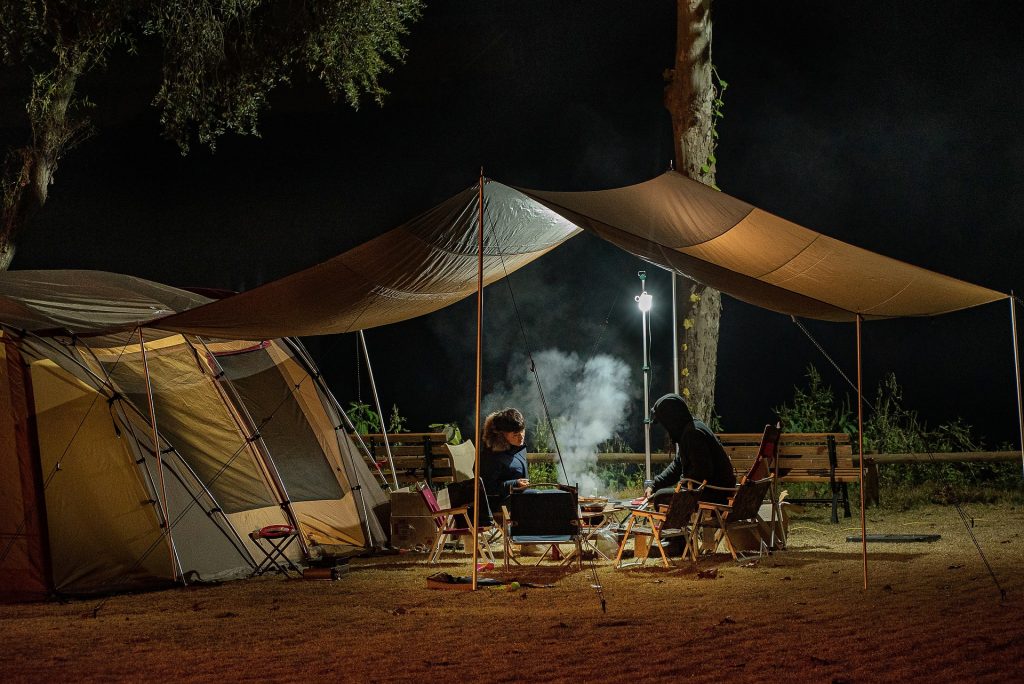
Camping in Croatia is a very wallet-friendly way of seeing different parts of the country without having to foot the bill for hotel rooms or rented accommodation. More or less on the level of camping costs across the majority of the Mediterranean, camping in Croatia generally comes with very fair prices attached to it. Of course, the price you’ll pay depends on where in the country you are, what time of year it is, and what sort of services you want to be made available to you on your chosen site. You’ll always pay less in Slavonia or Baranja, and you’ll always pay more in Dalmatia and Istria. The average daily cost to camp in Croatia is around 60 euros, but you’ll definitely find locations which are much cheaper.
Sleeping in your sleeping bag on the beach is also illegal
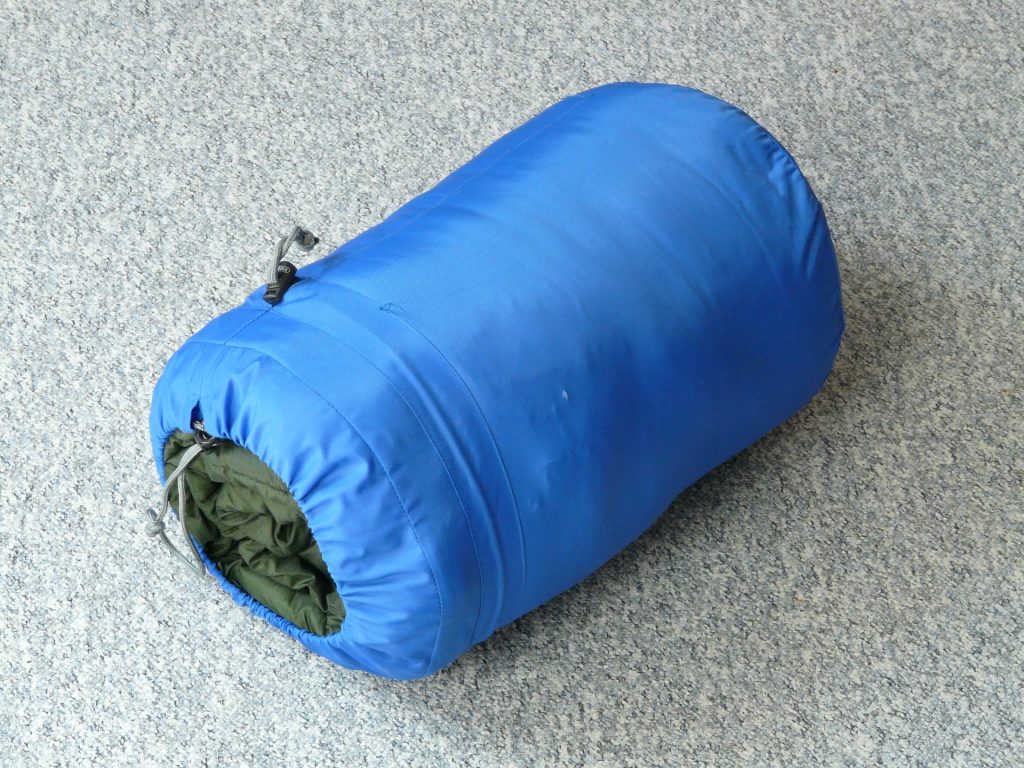
Much like wild camping, deciding to take your sleeping bag to the local beach and go to sleep for the night is a big no. Also like wild camping, there are of course many locations up and down the coast and on the many islands where this will be tolerated. Still, don’t do this. Just like pitching a tent in a random, unregulated location and expecting that to be alright isn’t officially accepted, catching forty winks on a beach at night in a sleeping bag is also against the law. At best, you’ll be woken mid-slumber and told to move on. A worst, you’ll be paying a considerable fine before being asked to leave.
You can’t pull up and go to sleep in your car, either
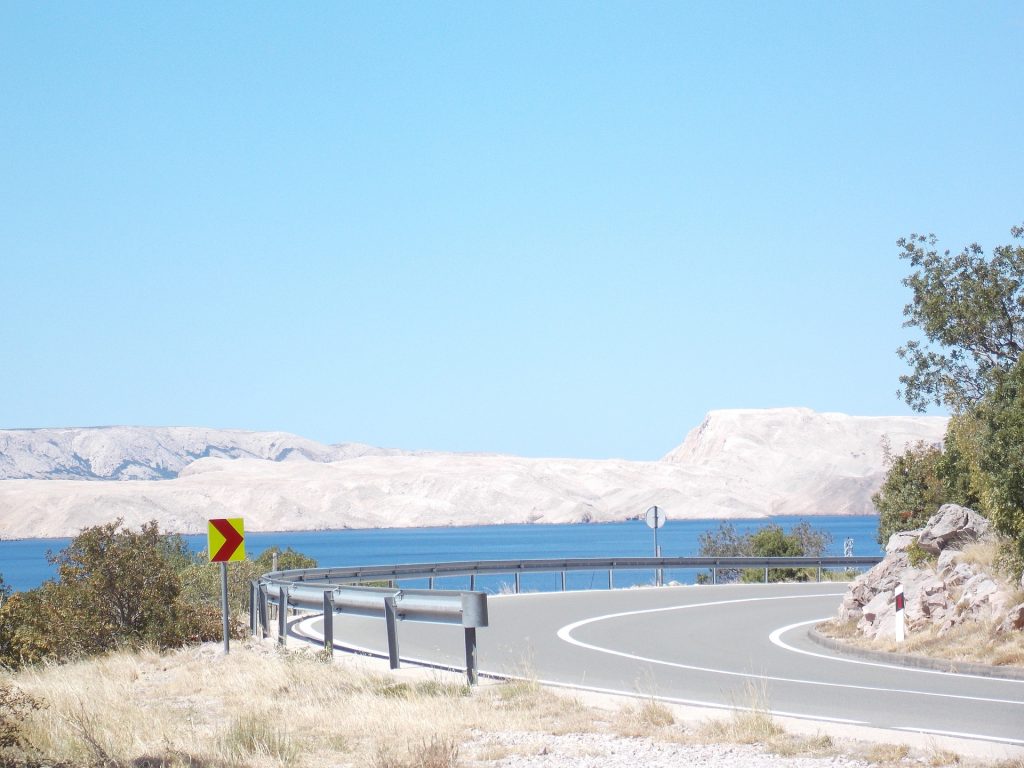
Some of the roads in Croatia offer absolutely stunning views and after a long drive, it’s definitely tempting to want to pull up at the side of the road and close your eyes. This is considered illegal and falls under the same legal scope as wild camping in Croatia does. As tempting as sleeping in a tucked away location somewhere along the gorgeous old coastal road is, don’t do it because you’ll be fined heavily if caught.
Lighting fires
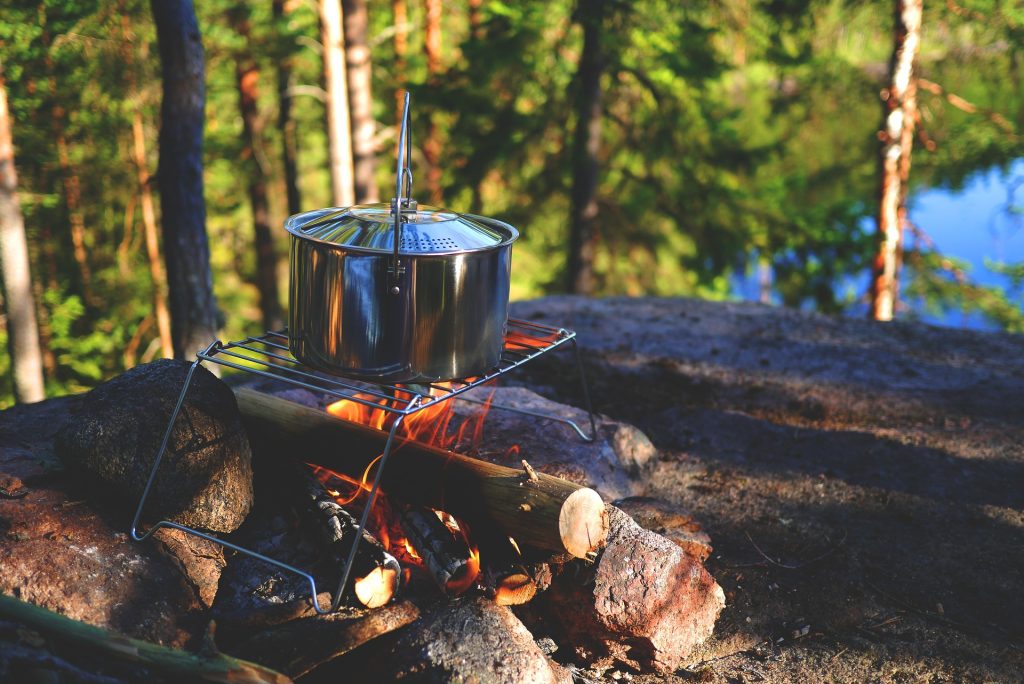
There’s nothing quite like sitting around an open campfire and roasting sausages. The same can be said for firing up the grill or utilising a disposable barbecue and throwing some bacon down on it. Be very aware that from June the 1st to October the 31st each year, it is illegal to light any kinds of outdoor fires and barbecues except in designated areas. Intentionally causing a fire is illegal across the Republic of Croatia and you could be fined from approximately 2,000 to 20,000 euros, or even imprisoned.
You might be able to dodge the long arm of the law camping illegally somewhere in a forest in very sparsely populated area in Gorski-Kotar, but smoke stinks and you will be found if you decide to light any sort of fire. Both wildfires and man-made fires which have gotten out of control cause untold damage in Croatia and indeed across the Mediterranean every single summer. It doesn’t take much for the dry brush, especially in Dalmatia, to be taken by the flames and for those flames to rapidly spread out of control. Devastating scenes of burning greenery, properties, cars and land are sadly the norm each and every year somewhere in Croatia, and something as innocent as a campfire, barbecue or even a cigarette that hasn’t been properly stubbed out are often the cause.
Incidents are rare, but certain wild do animals pose a threat
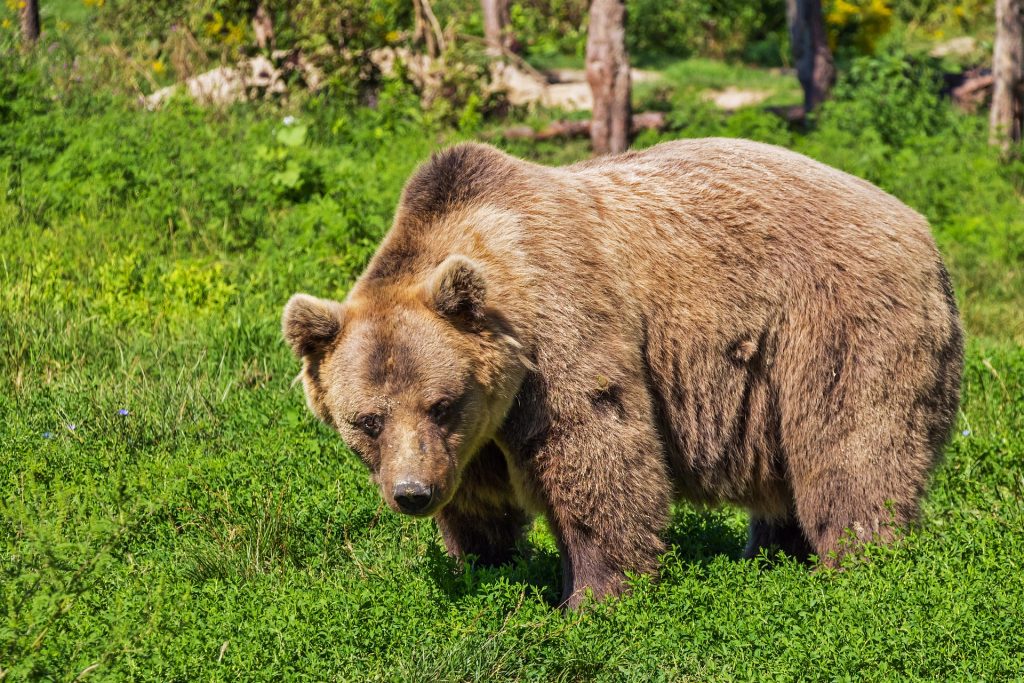
Croatia is an exceptionally safe country, but there are some residents, some of which have four legs and some which have none, who are easily disgruntled and are best left alone. The potentially dangerous animals in Croatia are sharks, bears, certain snakes and wolves. There are also wild boars who are famous for their poor manners and ill-tempered disposition. Unless you’ve somehow ended up in the Year 3000 where not much has changed but we live underwater (thanks Busted), sharks probably aren’t going to pose much of a danger when camping in Croatia. Bear and wolves on the other hand, not to mention Croatia’s horned viper (poskok), are dangerous.
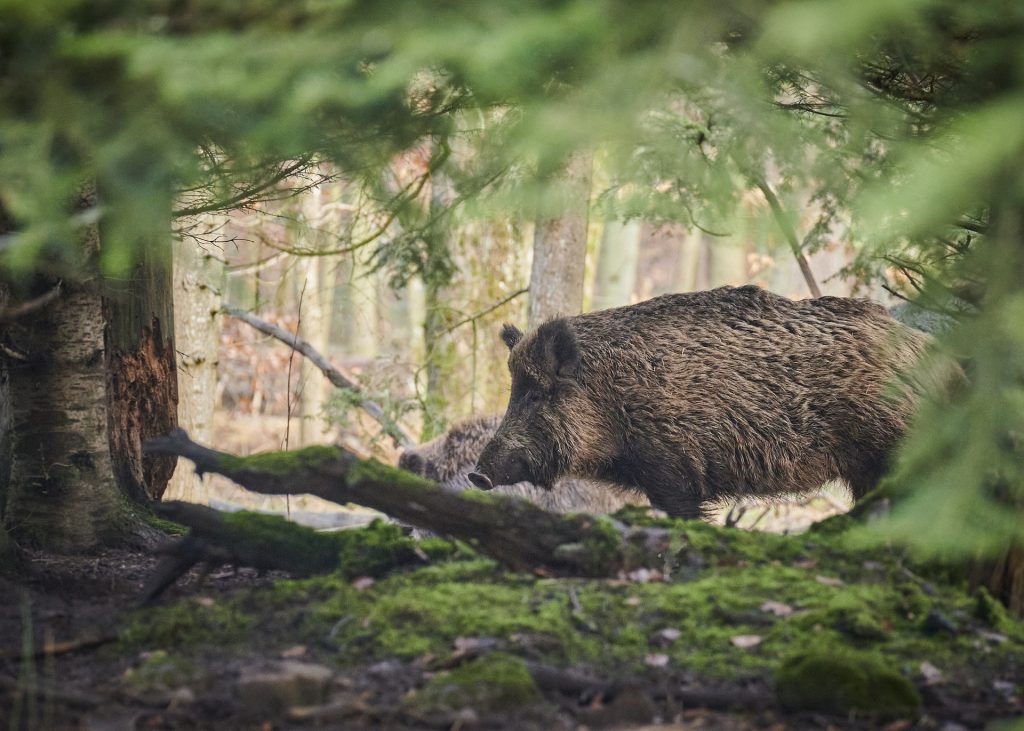
Meeting a grumpy brown bear or running into a pack of wolves isn’t a likely scenario, but that likeliness does go up if you’re planning on camping illegally in Croatia despite the threat of fines and mines. Bears and wolves live in very sparely populated, mountainous, forested areas. Such areas abound in regions like Gorski-Kotar and Lika, and the deeper you go into an otherwise undisturbed forest, the more likely it is that you’ll wake up to a less than friendly bear going through your stuff. The same can be said for wild boars who, while not caring less about you exactly, take no prisoners when they think a meal could be had somewhere in your tent or rucksack. For more on Croatia’s dangerous animals, click here.
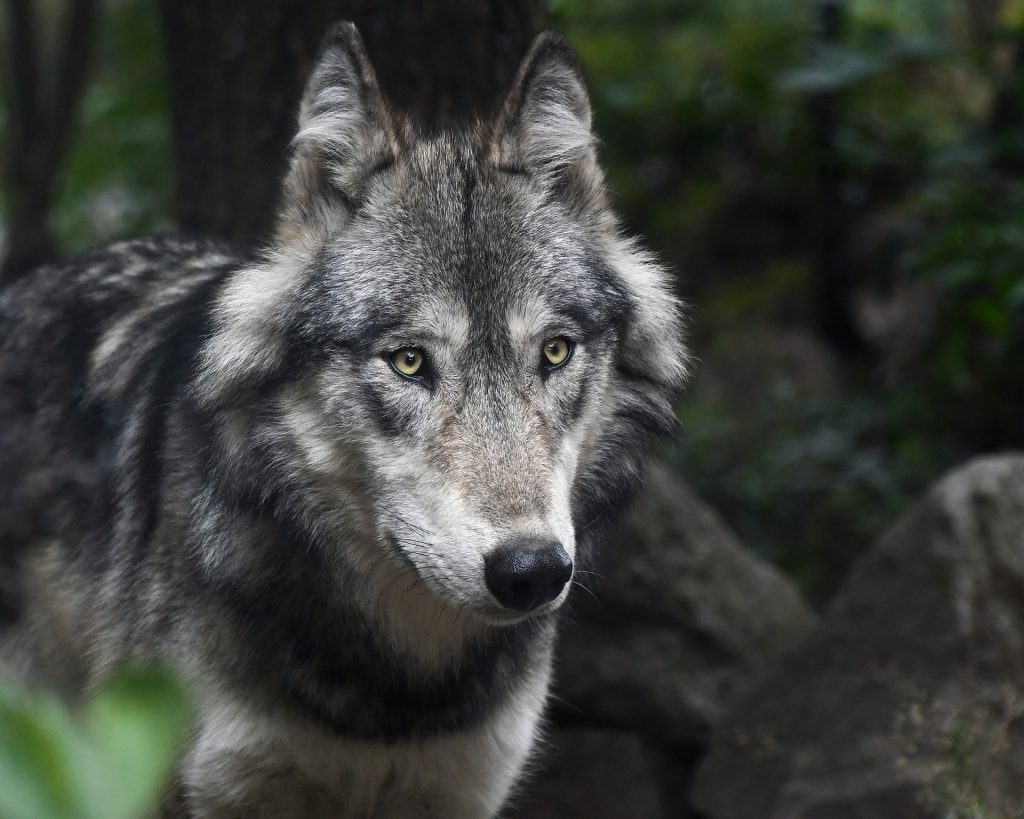
Unlike bears and wolves, snakes tend to be sat on, stepped on, or slept on in camping situations. It’s important to remember that you’re in their territory, and the deeper you go into rocky, shrubby terrain, the more likely you are to irritate a horned viper. Trust me when I say that you absolutely do not want to do that. The horned viper is not an aggressive animal and it doesn’t seek out confrontation with anyone, but it will defend itself if it is disturbed or feels threatened. A bite from a poskok can have extremely serious and sometimes fatal consequences. Here’s how you can find out more about the snakes of Croatia, which ones are venomous, and what to do if you’re bitten.
